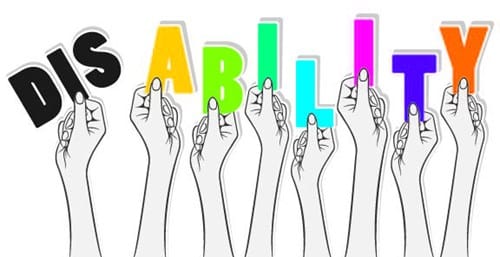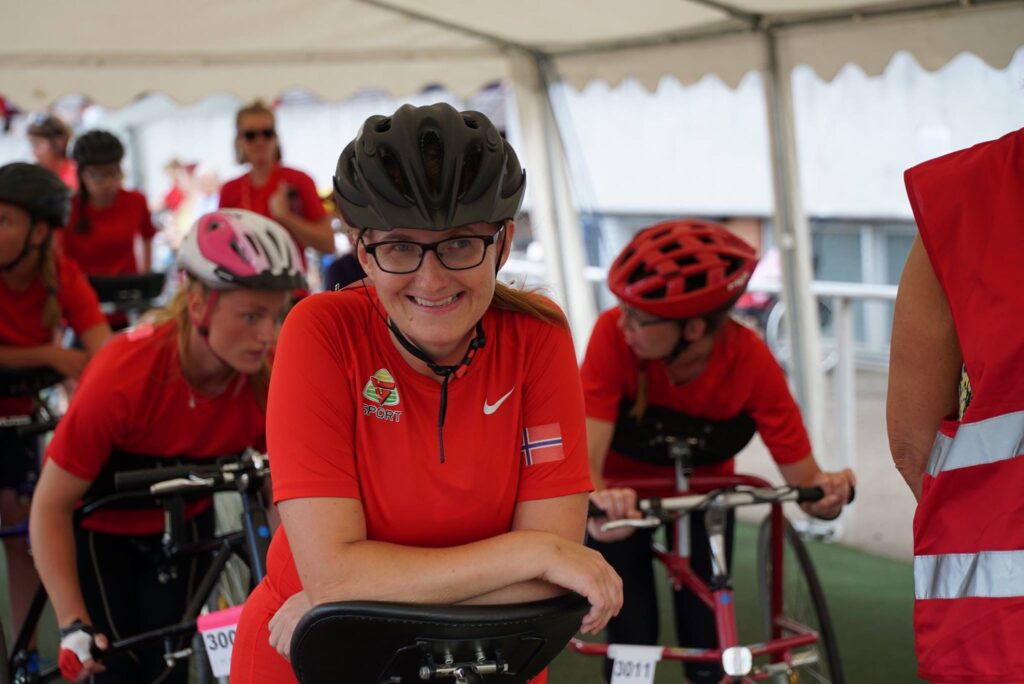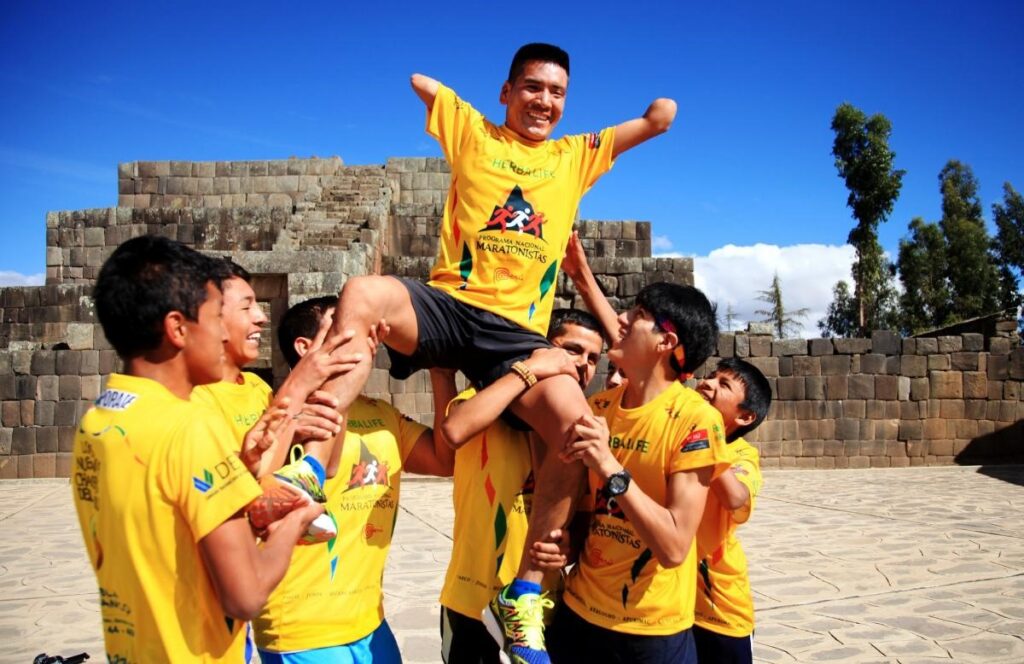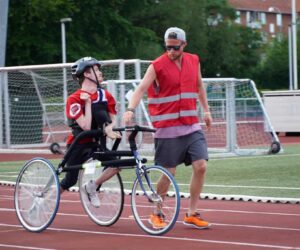All of us have heard the word disability. Many of us do not have a clear understanding of disability definition in our minds. Some of us have bad and annoying feelings about this word, and we sympathize with people with impairments. When we hear the word disability, we imagine a person sitting on a wheelchair who cannot move and do things. But the fact is this attitude is for those who are not familiar with the world of people with disabilities. Just put yourself on their shoes and try to understand their issues. Physical impairments may happen for anyone with many reasons. Many people with disabilities are not born with these conditions. Some people are disabled because of an accident.
To have a clear understanding of disability, we should know the disability definition as well. Disability definition helps us to understand people with disabilities better. A disability referred to as a condition of the body, mind impairments, which makes many activities and attracts the world around them, difficult for the person. On the other hand, disability is an injury, illness, or condition, making it difficult for someone to do the things that other people do easily.
Disability does not make people disabled in all dimensions of their lives. Many conditions affect a person’s ability like vision, hearing, communicating, mental health, social relationships, thinking, remembering, learning, etc. Some may have problems with their vision and can still walk, talk, run, or play sports like Goalball, Blind Tennis, bowling, and many other games. Some other people may have problems with their movements. So, rely on their problems; they can use a wheelchair, walker, or any tools or vehicles to move quickly. This group of people can play sports suitable for them like Boccia, RaceRunning, Powerchair Football, etc.
For disability definition, The World Health Organization presents three dimensions:
- Impairment
Impairment in structure or function of the body or mental functioning
- Activity limitation
Some difficulties in seeing, hearing, walking or problem-solving
- Participation restrictions
Having difficulty in normal daily activities, such as working, engaging in social and recreational activities, and obtaining health care and preventive services.
Disability does not mean “not being able to do things.” It means “doing things differently”.






